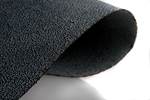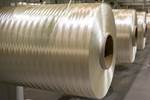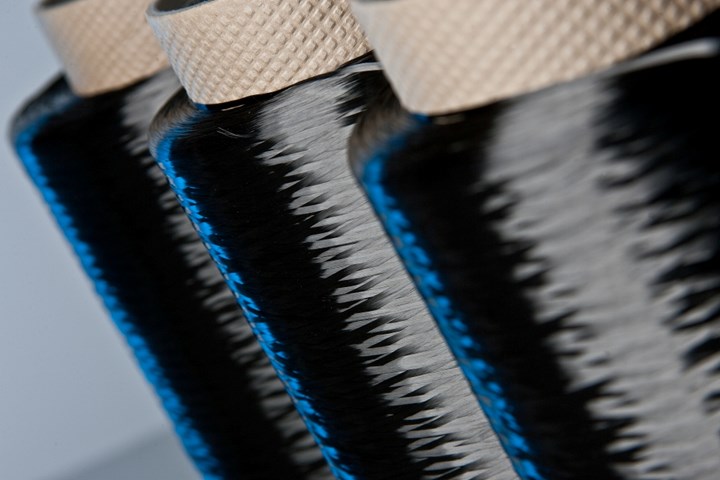Teijin’s Tenax carbon fiber, PAN earn ISCC Plus certification
Simultaneous certification for bio-based and circular raw materials continues Teijin’s commitment to the circular economy. Commercial production to begin in first half of 2024.
Teijin Ltd. (Tokyo, Japan) has announced that its Tenax carbon fiber and the polyacrylonitrile (PAN) precursor fiber produced at Teijin’s Mishima Plant in Shizuoka Prefecture, Japan, have received ISCC Plus certification from the International Sustainability and Carbon Certification system. The company claims that this is the first achievement in which carbon fiber and PAN have simultaneously earn this certification, which is a globally recognized standard for the recovery of waste and residues that provide feedstocks for circular plastics.
Teijin’s PAN precursor fiber is made from sustainable acrylonitrile (AN) using waste and residue from biomass-derived products or recycled raw materials, and produced by using the mass balance approach method. With this method, materials are said to be verifiably tracked through complex value chains, for example, when biomass-derived raw materials are mixed with petroleum-derived raw materials to create products.
Because the sustainable AN has the same physical properties as petroleum-derived AN, PAN and Tenax carbon fiber based on this material deliver the same physical properties as equivalent fossil-based products, Teijin reports. This similarity enables customers to easily replace Tenax carbon fiber with more sustainable alternatives that can contribute to the reduction of greenhouse gas (GHG) emissions throughout the product lifecycle.
Teijin expects to begin commercial production of PAN and Tenax using the mass balance approach method at the Mishima plant by the first half of 2024. Also, the company will pursue ISCC PLUS certification for its carbon fiber and related products produced in Europe, the U.S. and Asia to expand availability of its sustainable products. This initiative will advance the Teijin Group’s mission of providing innovative, people-centered solutions that improve the quality of life. Teijin will continue striving to mitigate the impact of its business activities on the environment to realize its long-term vision of supporting the society of the future.
With the need to reduce GHG emissions throughout supply chains in support of carbon neutrality, Teijin switched the fuel for in-house power generation equipment at manufacturing sites to natural gas and adopted a lifecycle assessment (LCA) to calculate the environmental footprint of its carbon fiber and intermediate materials.
Related Content
-
Combining multifunctional thermoplastic composites, additive manufacturing for next-gen airframe structures
The DOMMINIO project combines AFP with 3D printed gyroid cores, embedded SHM sensors and smart materials for induction-driven disassembly of parts at end of life.
-
Bio-based acrylonitrile for carbon fiber manufacture
The quest for a sustainable source of acrylonitrile for carbon fiber manufacture has made the leap from the lab to the market.
-
PEEK vs. PEKK vs. PAEK and continuous compression molding
Suppliers of thermoplastics and carbon fiber chime in regarding PEEK vs. PEKK, and now PAEK, as well as in-situ consolidation — the supply chain for thermoplastic tape composites continues to evolve.

















